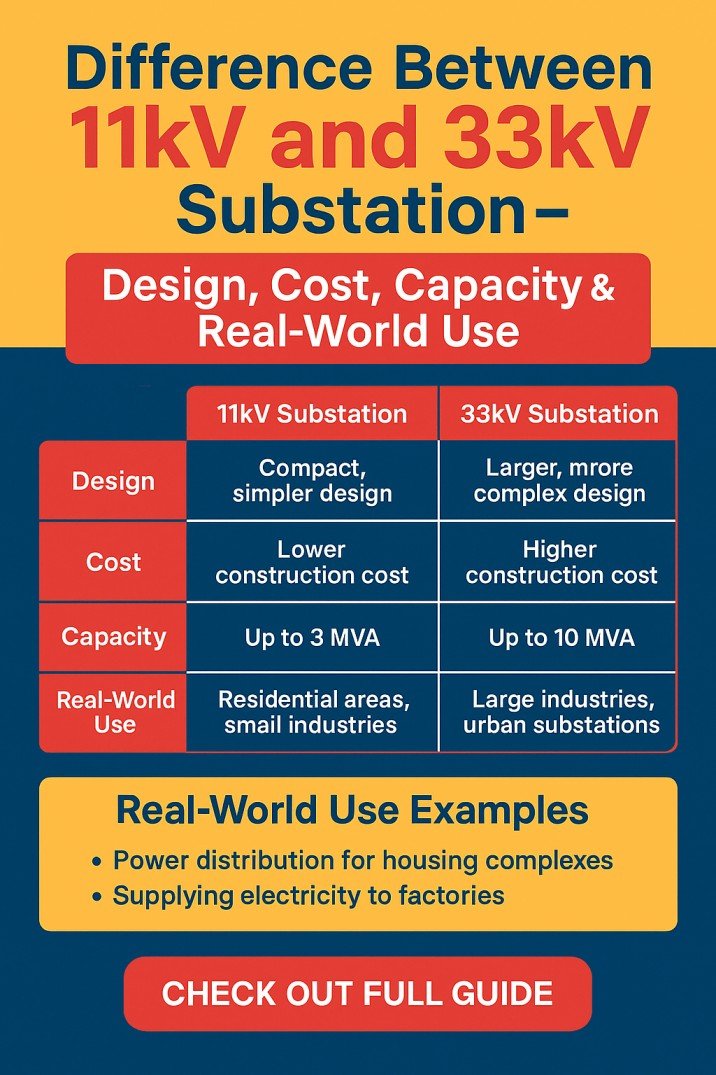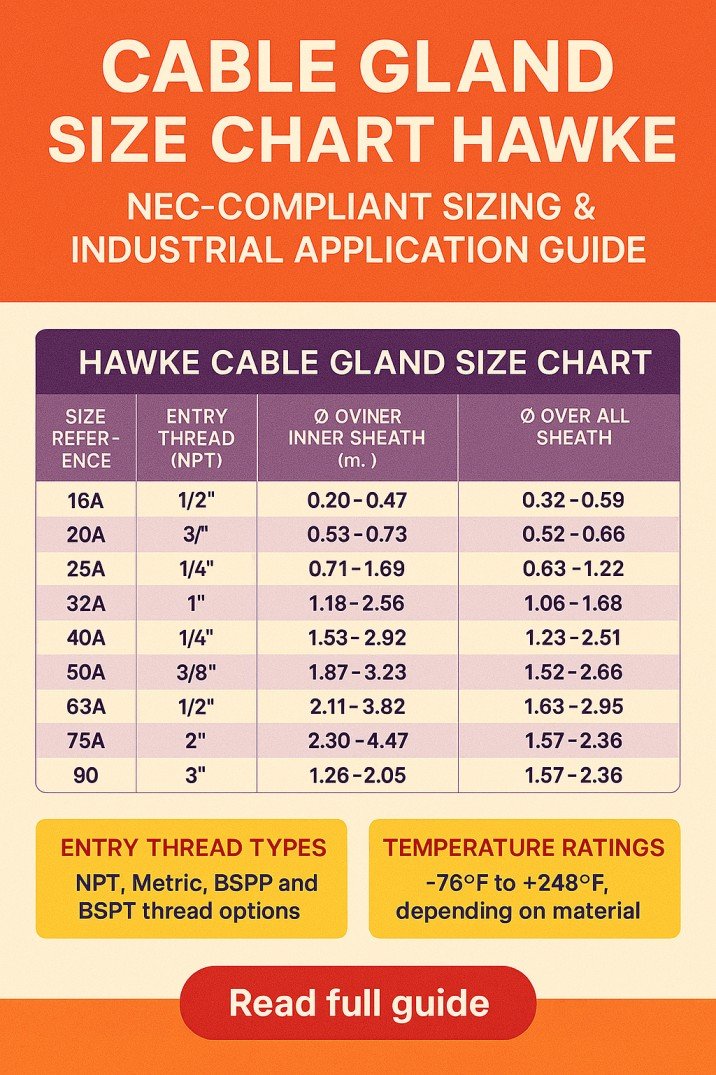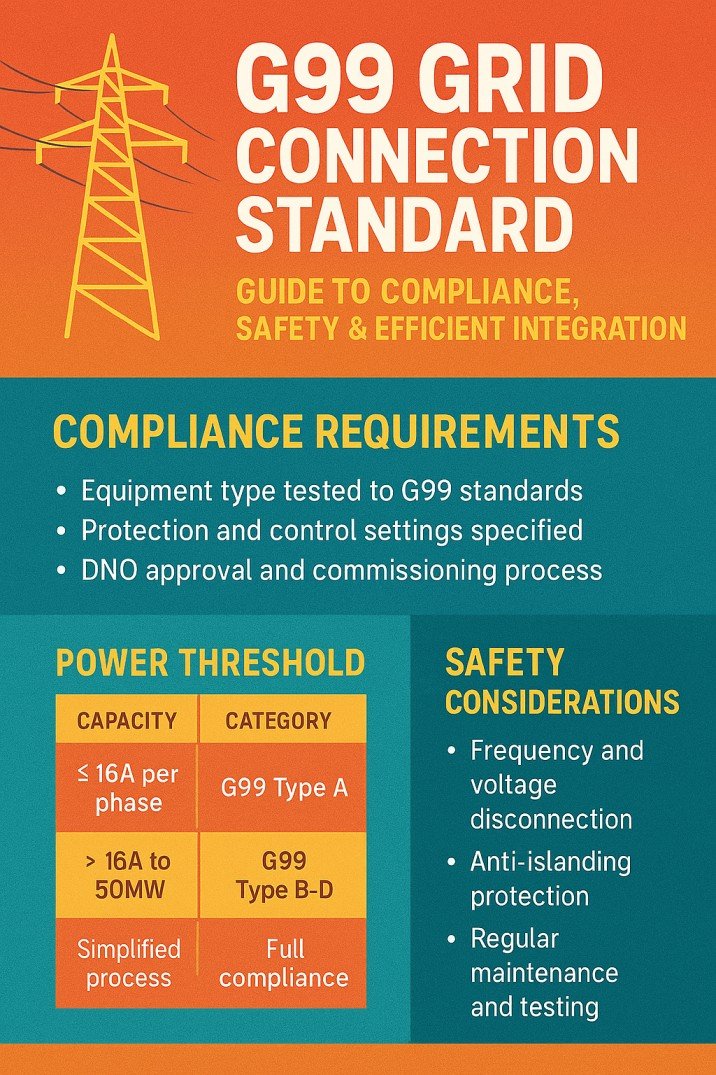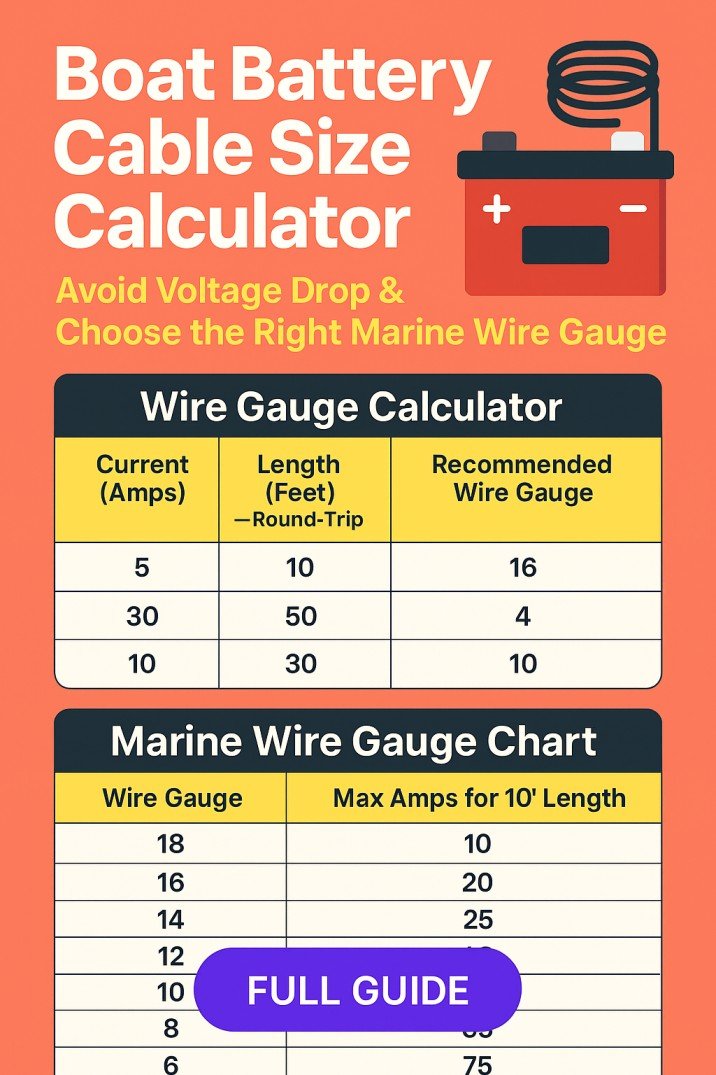Online Wire Gauge Calculator for 1 Phase and 3 Phase Load – Amp and Distance Based
Choosing the correct wire size is critical in both residential and industrial electrical installations. Whether you’re wiring a small home appliance or running a heavy-duty 3-phase motor, using the wrong wire gauge can result in voltage drop, overheating, and even fire hazards. Thankfully, an online wire gauge calculator makes this process faster and more accurate by using essential parameters such as load current (amps), distance, and system type (single-phase or three-phase).
Table of Contents
Table of Contents

In this guide, we’ll explore how to use an online 3 phase wire size calculator, understand the differences in wire gauge for 3 phase and single-phase circuits, and learn how to size wire accurately for both current and distance.
Why Wire Sizing Matters in Electrical Design
Electrical wires are like arteries. If they’re too thin for the amount of current passing through, they overheat. This leads to poor efficiency, reduced equipment life, and dangerous situations. Correct wire sizing ensures that the voltage at the load end remains within permissible limits and that the conductor remains cool under full load.
Two main factors influence wire sizing:
- Current (Amps) drawn by the load
- Distance (Length) between the power source and the load
A wire gauge calculator uses both of these inputs to recommend the right wire size, ensuring safety, efficiency, and code compliance.
Use our free online tool What Gauge Wire Do I Need? Free Online Calculator for Electricians & Homeowners
Understanding the Basics of Wire Gauge
Wire gauge refers to the diameter of the wire conductor. In the U.S., the American Wire Gauge (AWG) system is used. The higher the gauge number, the thinner the wire. For instance, 14 AWG is thinner than 10 AWG.
When designing or installing electrical systems, professionals often ask:
- What wire gauge is suitable for a 30-amp load over 50 feet?
- What is the ideal wire gauge for 3 phase motor circuits?
- How do I use a 3 phase wire size calculator correctly?
Let’s explore answers to these questions in detail.
Using the 3 Phase Wire Size Calculator
A 3 phase wire size calculator is an online tool that helps electricians and engineers find the correct wire gauge for a given load and distance.
You’ll need to input the following:
- Current (Amps): Total amperage of your 3-phase load
- Voltage: Commonly 400V in commercial 3-phase systems
- Distance: Total length from panel to the farthest load point
- Phase Type: Select 3-phase in the calculator
The calculator uses voltage drop formulas and NEC (National Electrical Code) guidelines to recommend a wire gauge.
Example:
Suppose you have a 3-phase motor drawing 60A, and the distance is 100 feet. The calculator may recommend 4 AWG copper wire to keep the voltage drop within 3%.
This simplifies the complex math usually required to calculate voltage drop and conductor size manually.
Wire Gauge for 3 Phase Loads – Key Considerations
When sizing wires for 3-phase loads, you must consider:
- Balanced load current on each phase
- Lower voltage drop limit, usually below 3%
- Motor starting currents, which can be 6–8 times the full load
Here’s a basic wire sizing table for 3-phase copper wires at 75°C insulation rating:
| Load Current (Amps) | Distance (ft) | Recommended Wire Gauge |
|---|---|---|
| 20A | 50 ft | 12 AWG |
| 40A | 100 ft | 6 AWG |
| 60A | 100 ft | 4 AWG |
| 80A | 150 ft | 2 AWG |
| 100A | 150 ft | 1/0 AWG |
Note: This table is simplified and doesn’t account for correction factors like ambient temperature or conduit fill. Use a 3 phase wire size calculator for precise results.
Use our free online tool NEC Wire Size Calculator
Single Phase Wire Sizing – Practical Guide
For homes and small businesses, most wiring is single-phase. A single phase wire sizing calculator helps determine the right conductor size for air conditioners, water pumps, lighting loads, and appliances.
Just like 3-phase systems, inputs are:
- Load current (Amps)
- Distance (ft)
- Voltage (usually 230V)
Here’s a table for single-phase copper wires:
| Load Current (Amps) | Distance (ft) | Wire Gauge (AWG) |
|---|---|---|
| 10A | 50 ft | 14 AWG |
| 20A | 75 ft | 10 AWG |
| 30A | 100 ft | 8 AWG |
| 40A | 150 ft | 6 AWG |
| 50A | 200 ft | 4 AWG |
When using a wire gauge calculator, it automatically compensates for distance to ensure voltage drop is within 3%.
How Online Calculators Improve Accuracy and Safety
Manual calculation involves complex formulas. A typical voltage drop formula is:
Voltage Drop (V) = (2 × Length × Current × Resistance) / 1000
For three-phase circuits, a different factor is used, and cable resistances vary by material (copper/aluminum), temperature, and gauge.
Calculators handle all of this behind the scenes. This prevents human errors, saves time, and ensures compliance with safety standards.
Use our free online tool Wire Size Calculator by Load and Length
Copper vs Aluminum – What Should You Use?
Most calculators let you choose the conductor material. Copper is more conductive but costlier. Aluminum is cheaper but requires a larger gauge for the same ampacity.
For example:
- 60A over 100 feet:
- Copper may need 4 AWG
- Aluminum may need 2 AWG
Always ensure aluminum wiring is terminated with approved lugs and anti-oxidation paste.
Single Phase vs 3 Phase – Key Differences in Wire Sizing
Here’s a quick comparison:
| Parameter | Single Phase | 3 Phase |
|---|---|---|
| Voltage | 230V (typical) | 400V (typical) |
| Power Transmission | Less efficient over long distance | More efficient for large loads |
| Neutral Required | Yes | Usually no |
| Wire Sizing Simpler? | Yes | More complex |
Using a wire gauge calculator for 3 phase allows for accurate results with less manual effort.
Use our free online tool Solar System Sizing Calculator for Agriculture & Tubewells
Tips for Using a Wire Size Calculator Effectively
- Always round up to the next wire size if you’re between two options.
- Include derating factors for temperature, conduit fill, and grouping of cables.
- Verify voltage drop is within 3% for critical loads and 5% max for others.
- Use stranded conductors for better flexibility in large gauge wires.
- Always double-check results against local code (NEC or IEC).
Conclusion
An online wire gauge calculator is a must-have tool for anyone working with electrical installations. Whether you’re a homeowner wiring a new AC or an engineer designing a 3-phase motor circuit, you need accurate wire sizing.
Use our free online tool Backup Generator Sizing Calculator
Using a 3 phase wire size calculator ensures that your wiring is safe, code-compliant, and energy efficient. When working with wire gauge for 3 phase systems, remember that distance, current, and load type matter. For single phase wire sizing, follow best practices and never guess.
Follow Us on Social:
Subscribe our Newsletter on Electrical Insights for latest updates from Electrical Engineering Hub
#wiresizecalculator, #3phasewiresize, #singlephasewire, #wiregaugecalculator, #electricloadcalculator, #ampsanddistance, #electricaltools, #cablegauge, #residentialwiring, #commercialwiring, #onlinetools, #electricianslife, #voltagedrop, #wireselection, #powerdistribution
Online Wire Gauge Calculator for 1 Phase and 3 Phase Load – Amp and Distance Based : Electrical Engineering Hub

Use our free Online Wire Gauge Calculator to find the correct wire size for 1 Phase and 3 Phase loads based on ampere and distance. Get accurate cable sizing for home, solar, and industrial wiring with voltage drop consideration
Price Currency: USD
Operating System: All
Application Category: UtilitiesApplication






